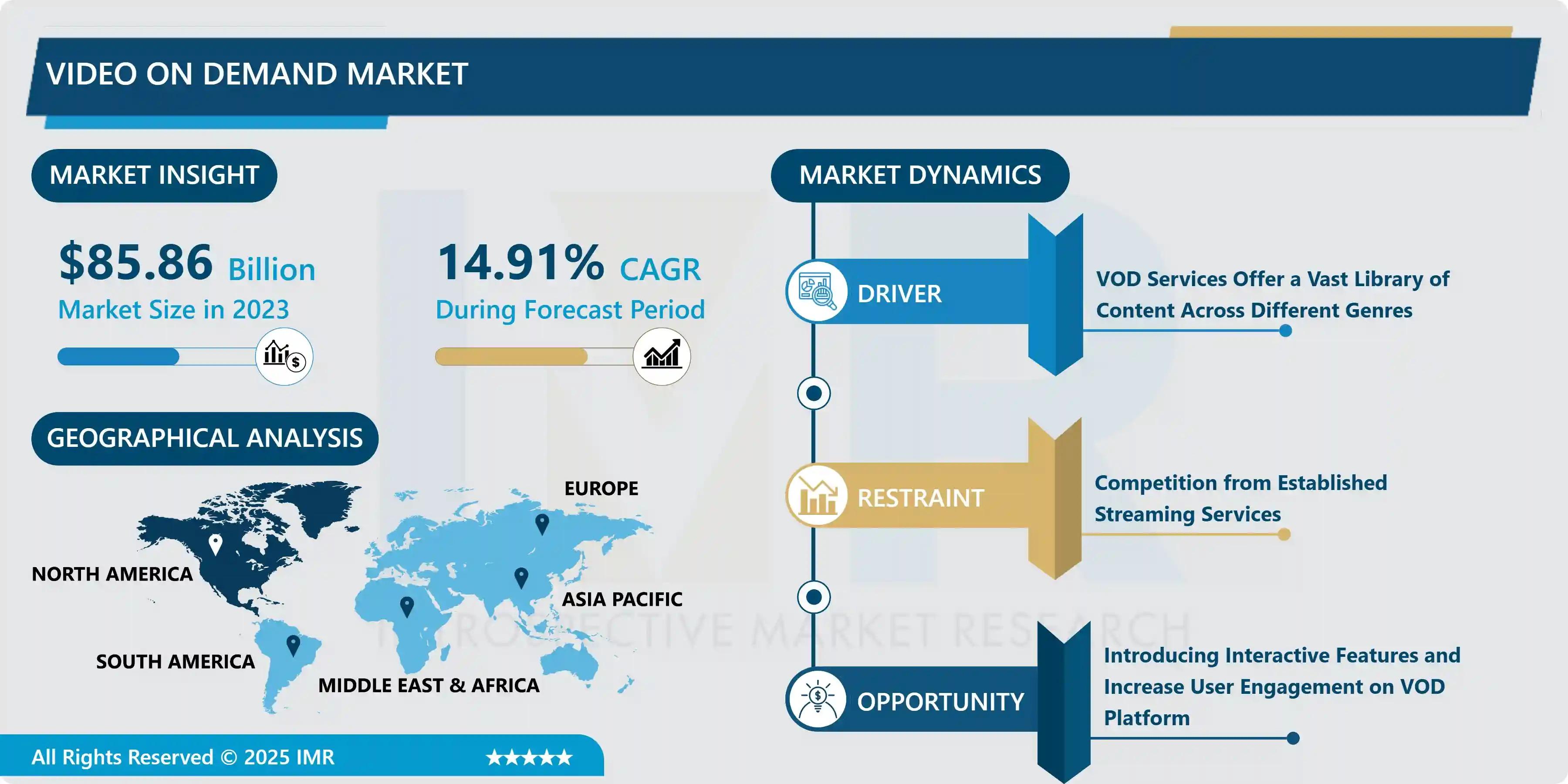Introduction
Technology has transformed the way we live, and nowhere is this more evident than in our homes. With the rise of smart technology, the concept of a home controller has gained immense popularity. A home controller acts as the central brain of a smart home ecosystem, giving you complete command over different devices such as lighting, heating, air conditioning, entertainment systems, and even security. Instead of juggling multiple remotes, apps, or switches, homeowners can now control everything from one device—whether that’s a smartphone, voice assistant, or a dedicated control panel.
In this article, we’ll explore what a home controller is, its key benefits, different types, and why it is becoming a must-have for modern households.
What is a Home Controller?
A home controller is a system or device that unifies the control of all your smart devices under one platform. It serves as the command center, connecting various smart products such as lights, thermostats, door locks, cameras, and entertainment devices. Many home controllers are designed to work through mobile applications, voice commands, or dedicated hardware panels.
For example, instead of individually turning off lights in each room before bedtime, a home controller allows you to simply press one button or give a voice command to shut them all off at once. This centralized management makes everyday living more efficient and stress-free.
Key Benefits of a Home Controller
1. Convenience and Ease of Use
The biggest advantage of a home controller is convenience. Whether you are at home or away, you can manage all your smart devices through a single app or voice assistant. This eliminates the need to use separate apps for each smart device brand.
2. Energy Efficiency
Smart home controllers help in saving energy by automating lights, heating, and cooling systems. For example, you can program your thermostat to reduce heating when no one is home, or schedule lights to turn off during the day. These small changes add up to significant energy savings.
3. Improved Security
Security systems, cameras, and smart locks can all be integrated into the home controller. You can monitor your home in real-time, receive alerts, and even lock or unlock doors remotely. This gives homeowners peace of mind, whether they’re traveling or at work.
4. Customization and Automation
Home controllers allow you to create personalized routines. For instance, you can set a “Good Morning” scene that opens curtains, turns on the coffee machine, and adjusts the thermostat as soon as you wake up. Similarly, a “Movie Night” mode can dim the lights and turn on your entertainment system automatically.
5. Future-Proofing Your Home
With smart technology rapidly advancing, a home controller ensures your house remains modern and adaptable. Most controllers are compatible with a wide range of devices and brands, making them flexible as new products are introduced.
Types of Home Controllers
1. Mobile App-Based Controllers
These are the most common types, accessible through smartphones or tablets. Brands like Google Home and Apple HomeKit provide apps that unify device control.
2. Voice-Controlled Assistants
Devices like Amazon Alexa or Google Assistant double as home controllers. They allow you to manage smart devices simply by speaking commands such as, “Turn off the kitchen lights” or “Set the thermostat to 22 degrees.”
3. Dedicated Hardware Controllers
Some households prefer a centralized touchscreen panel installed in a fixed spot, usually near the entrance or living area. These panels provide easy access for all family members without relying on personal devices.
4. Hybrid Systems
Hybrid controllers combine mobile apps, voice assistants, and hardware panels for maximum flexibility. These are often found in advanced smart home setups.
Popular Features in Modern Home Controllers
-
Scene Management: Combine multiple actions into a single command.
-
Remote Access: Control your devices from anywhere in the world.
-
Scheduling: Automate tasks such as lighting, heating, or watering the garden.
-
Integration with AI: Use artificial intelligence to learn your routines and adjust automatically.
-
Compatibility: Support for multiple brands and device types.
Why Every Home Needs a Controller
As our lives get busier, managing a home manually becomes less practical. A home controller simplifies daily tasks, saves energy, and enhances safety. For families, it creates a more comfortable and modern living environment. For tech enthusiasts, it provides the ultimate platform to experiment with home automation.
Moreover, smart homes are increasingly seen as valuable investments. Properties equipped with home controllers and automation systems often attract higher resale values because buyers appreciate the convenience and innovation they bring.
The Future of Home Controllers
The future of home controllers lies in increased AI integration, seamless connectivity, and even more automation. Soon, we might see controllers that predict our needs before we even give commands—like adjusting lighting based on our mood or recommending entertainment options. As technology continues to evolve, the home controller will likely become as essential as Wi-Fi in every household.
Conclusion
A home controller is no longer a luxury—it’s becoming a necessity for modern living. From managing security and comfort to saving energy and adding convenience, it transforms how we interact with our homes. Whether you’re starting small with a voice assistant or investing in a full-fledged smart hub, incorporating a home controller into your household is a step toward the future of smart living.


